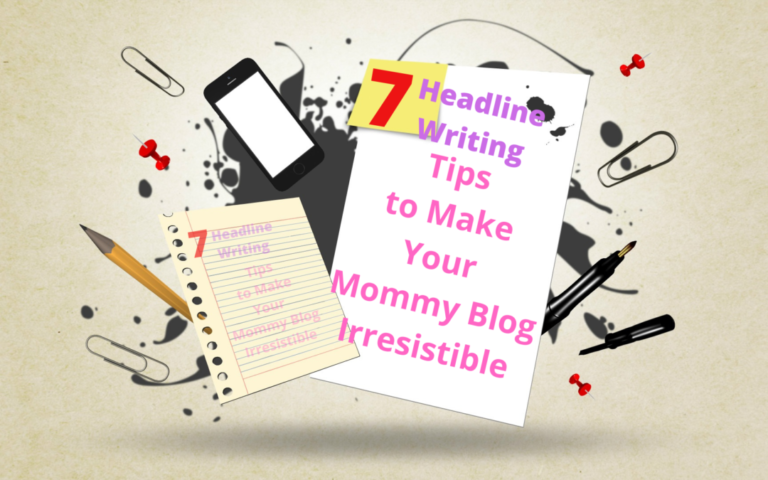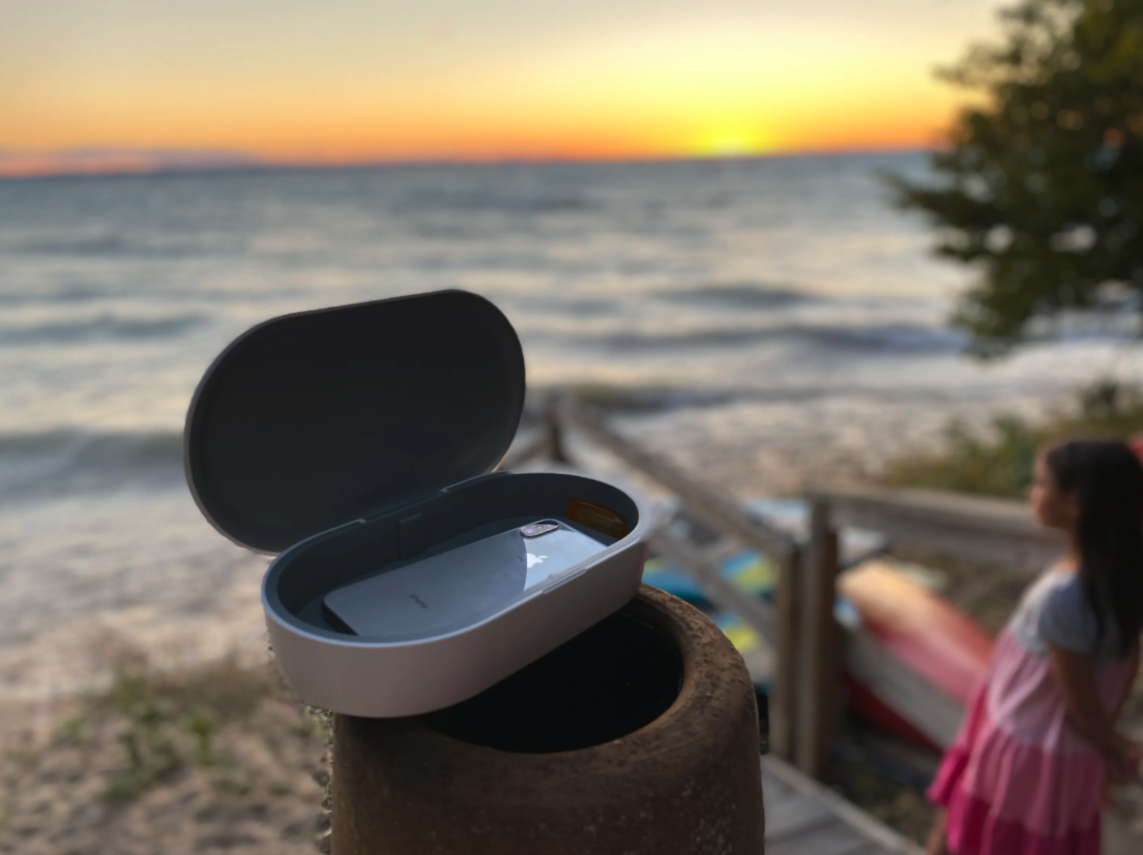Writing Tips for Irresistible Mommy blog
You may write the most poignant, helpful, inspirational, unique mommy blog ever, but if you have a lousy headline, only your most devoted subscribers will read it. We’ve looked at what the experts have to say and have compiled the ultimate list of headline-writing tips. Here is how to make the content on your mommy blog irresistible to readers.
1. Determine the purpose of your piece.
When you sit down to write, you may have a general goal in mind. For example, maybe you want to write about how your twins had a stomach bug. They were throwing up literally at the same time, and you wanted to share this unique experience with your readers.
As you write, the purpose of the piece will unfold. Maybe you are writing the article to be informative, and you want to tell others what remedy seemed to calm your kids’ stomachs, (and it wasn’t 7-Up!). Perhaps you are writing to entertain because if you can’t find something funny to say about two kids throwing up at once, you are a lousy writer. Finally, you may be writing your blog to inspire other moms to keep fighting the fight, even if they have a lousy day.
Once you have figured out your purpose, you can start writing your headline. Did your article turn out to be a tongue-in-cheek “how-to” guide? Did you end up writing a more serious piece about the importance of getting flu shots? Or is your piece a diary entry that reads like a “typical day in the life” of a mother with twins?
Your headline should be based on the purpose of your article. If your readers are expecting something funny based on your headline, they will be irritated if they are blasted with a blog about illness or disease.
2. Be informative but titillating.
We know this oxymoronic statement may be more confusing than helpful, but this combination of enlightening and exciting should be your goal. Think about what topics and ideas would appeal to other moms.
3. Pay attention to the length of the headline.
The data is all over the place on the perfect length of a headline. Some say it is dependent upon your platform. While the most shared stories on Twitter have between eight and 12 words in the headline, Facebook headlines receive more attention if they have between 12 or 14.
One study says that your headline should be between 60 and 80 characters, while others say that the magic number is 100.
Use these various studies as an approximate range for the perfect headline length.
4. Consider using keywords in your headline and subhead
One way to increase traffic to your blog is by researching and using keywords throughout your pieces. While keyword headlines may be less tantalizing than other headline-writing methods, those specific phrases may help draw appropriate readers into your content.
For example, perhaps you are potty-training a child on the spectrum. Your keyword research may be able to tell you if you should use the phrase “toilet training” or “potty-training.” Or “spectrum” or “autistic.” Using the most common words will bring the people to your article who need your advice.
5. Use numbers in your headlines./
The number strategy is used all over the place. Those who study say internet traffic say that including a number, preferably an odd number in your headline, increases the chances of a person clicking on the article. This seems silly, and no one can seemingly say why this is true.
But as you can see from this article’s title, we aren’t above trying those silly-sounding strategies to increase our readership either. We also read that writing a blog while wearing blue plaid pajama pants helps increase readership, so we are trying that strategy too.
6. Use strongly worded phrases in your headlines.
“Here are a few gift ideas that your child may or may not like for the holidays.”
In reality, the toys on your holiday gift idea blog will not appeal to every child. Your own kids may not even like the gifts you included on the list. Regardless, you need to sell your list like you have researched every toy across all time and created the definitive list.
Use words like best, worst, love, brilliant, surprising, shocking, big, huge, and hate. Use phrases like “how-to,” “a new study found,” “science says,” “why you should,” or “step-by-step guide.”
7. Test different strategies.
Your blog and audience are unique. One of these headline-writing strategies may sell to your readers while another may act as a big turn-off. To determine which approach works best for your readership, run a test.
Post your articles twice using two different headlines. See which headline draws more readers.
According to Copyblogger, 80% of a website’s visitors will read the headlines. Only about 20% will go on to read the copy. Our goal today is to help you write headlines that will increase your readership. Isn’t that why you decided to write a blog in the first place?
This article was originally posted at Mom Marketing Coach.




